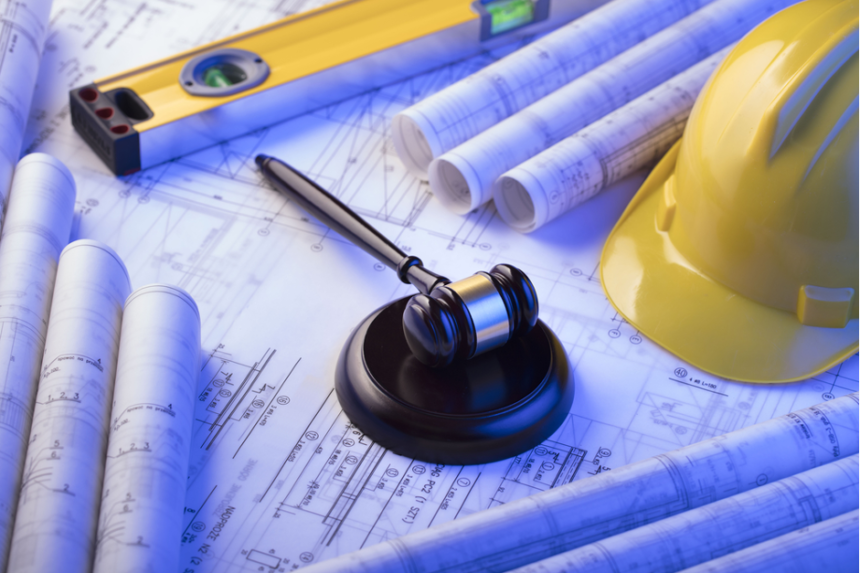Introduction:
Owning property is a significant milestone for many individuals, but it comes with a set of legal responsibilities and potential challenges. Understanding the most common legal issues in property ownership is crucial to safeguarding your investment and ensuring a smooth real estate experience. This article delves into the 10 most prevalent legal issues faced by property owners, providing comprehensive explanations to empower individuals in navigating the complex world of real estate law.
Title Issues:
Title issues can arise when there are questions or disputes regarding the legal ownership of a property. It’s essential to conduct a thorough title search before purchasing to identify any existing liens, encumbrances, or ownership disputes.
Property Zoning and Land Use Regulations:
Zoning laws dictate how a property can be used and developed. Violating zoning regulations can lead to legal complications. Understanding local zoning ordinances is crucial to ensuring your property use aligns with legal requirements.
Boundary Disputes:
Boundary disputes occur when there is uncertainty or disagreement regarding property lines. It’s advisable to have a professional survey conducted to avoid conflicts with neighbors and potential legal battles over property boundaries.
Eminent Domain:
Governments have the authority to take private property for public use through eminent domain. While property owners are entitled to just compensation, disputes over the value of compensation can arise.
Easements:
Easements grant specific rights to individuals or entities over another person’s property. Understanding existing easements and their implications is vital to prevent conflicts, especially when it comes to accessing shared driveways or utility lines.
Property Tax Issues:
Property taxes are a significant financial consideration for property owners. Disputes may arise over assessments, and it’s crucial to be aware of local tax laws and procedures for challenging assessments if necessary.
Landlord-Tenant Disputes:
For property owners renting their premises, legal issues with tenants can arise, ranging from lease disputes to eviction proceedings. Knowing landlord-tenant laws and having well-drafted leases can mitigate potential conflicts.
Environmental Issues:
Environmental concerns, such as contamination or hazardous materials, can affect property value and pose legal liabilities. Conducting environmental due diligence and complying with regulations is essential, especially when buying or selling commercial properties.
Construction and Building Code Violations:
Property owners may face legal issues related to construction, remodeling, or building code violations. Ensuring compliance with local building codes and obtaining the necessary permits is crucial to avoiding legal complications.
Foreclosure and Bankruptcy:
Financial challenges may lead to foreclosure, a legal process where a lender repossesses a property due to non-payment. Understanding foreclosure laws and exploring alternatives, such as bankruptcy, can be crucial in such circumstances.
Explanation of Each Issue:
Title Issues:
Title issues can include errors in public records, undisclosed heirs, or previous liens on the property. Resolving these issues may involve legal action, such as quiet title lawsuits, to establish clear ownership.
Property Zoning and Land Use Regulations:
Violating zoning laws can result in fines, legal action, or even forced changes to the property. Property owners should research and comply with local zoning ordinances and seek variances when necessary.
Boundary Disputes:
Resolving boundary disputes may require legal intervention, and having a precise survey can provide evidence to support your claim. Negotiation with neighbors and, if necessary, legal action can clarify property lines.
Eminent Domain:
Property owners have the right to challenge the government’s valuation and seek fair compensation. Legal assistance is crucial to navigating eminent domain proceedings and ensuring fair treatment.
Easements:
Understanding existing easements is essential when purchasing property. If conflicts arise, negotiation with the party benefiting from the easement or seeking a court order to limit its scope may be necessary.
Property Tax Issues:
Challenging property tax assessments typically involves filing an appeal with the local tax assessor. Understanding the assessment process and providing evidence of inaccuracies is key to a successful challenge.
Landlord-Tenant Disputes:
Legal issues with tenants may require eviction proceedings or resolution through mediation. Clear lease agreements, compliance with local laws, and fair treatment of tenants can prevent many disputes.
Environmental Issues:
Conducting environmental assessments before purchasing property is crucial. In cases of contamination, legal actions may involve cleanup orders, liability disputes, or negotiations with regulatory authorities.
Construction and Building Code Violations:
Property owners should obtain necessary permits and ensure compliance with building codes. Resolving violations may involve obtaining retroactive permits, making corrections, or negotiating with local authorities.
Foreclosure and Bankruptcy:
Property owners facing financial challenges should explore options like loan modifications or bankruptcy to prevent foreclosure. Legal advice is essential to navigate complex bankruptcy and foreclosure proceedings.
Conclusion:
Owning property brings both opportunities and legal responsibilities. Understanding these 10 common legal issues empowers property owners to make informed decisions, mitigate risks, and address challenges effectively. Seeking legal counsel when necessary and staying informed about local regulations are essential steps in ensuring a smooth and legally compliant property ownership experience.






